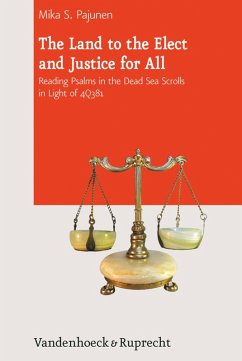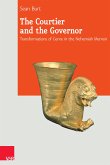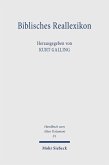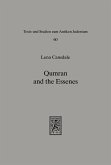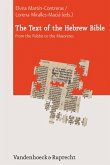Mika S. Pajunen contributes both to the understanding of manuscript 4Q381 from the Dead Sea Scrolls and to broader issues related to the reconstruction of damaged scrolls and to the reading of psalms in late Second Temple Judaism. The author focuses especially on the collection of "apocryphal" psalms in 4Q381 and other similar psalm collections, but it is also of interest to the ongoing search for the functions of psalmody in this period.A material reconstruction of manuscript 4Q381 has been made to determine the original placement of all the substantial fragments within the scroll. The reconstruction shows there to be eight psalms in the preserved scroll. A thorough analysis of all of them is incorporated in this study, including a critical Hebrew text and the first English translation of the psalms, a basic outline of the psalms' content with comments on their details, and a presentation of their overall message.All the psalms in 4Q381 discuss specific periods of time. The first three psalms cover a period from the Creation to the expected future of a group identified as God's chosen ones. These are followed by five pseudepigraphic psalms that are named in this study as Praise of the Man of God (David), Praise of Hezekiah, Penitential Prayer of Manasseh, Lament of Josiah, and Penitential Prayer of Jehoiachin. The psalms in 4Q381 make up a consistent whole that is shown to function as a unified lesson on the justice of God toward his elect.In this investigation 4Q381 is placed into its proper place inside some of the larger developments and ideologies perceivable within late Second Temple Judaism. For instance, 4Q381 is part of the general trends discernible in psalmody of this period, namely, a general increase in reflection upon the past and the use of wisdom motifs. But in addition, 4Q381 also gives evidence of a perception of psalms as sources of history that is in the end found to be a much broader phenomenon.
Dieser Download kann aus rechtlichen Gründen nur mit Rechnungsadresse in A, B, BG, CY, CZ, D, DK, EW, E, FIN, F, GR, H, IRL, I, LT, L, LR, M, NL, PL, P, R, S, SLO, SK ausgeliefert werden.

